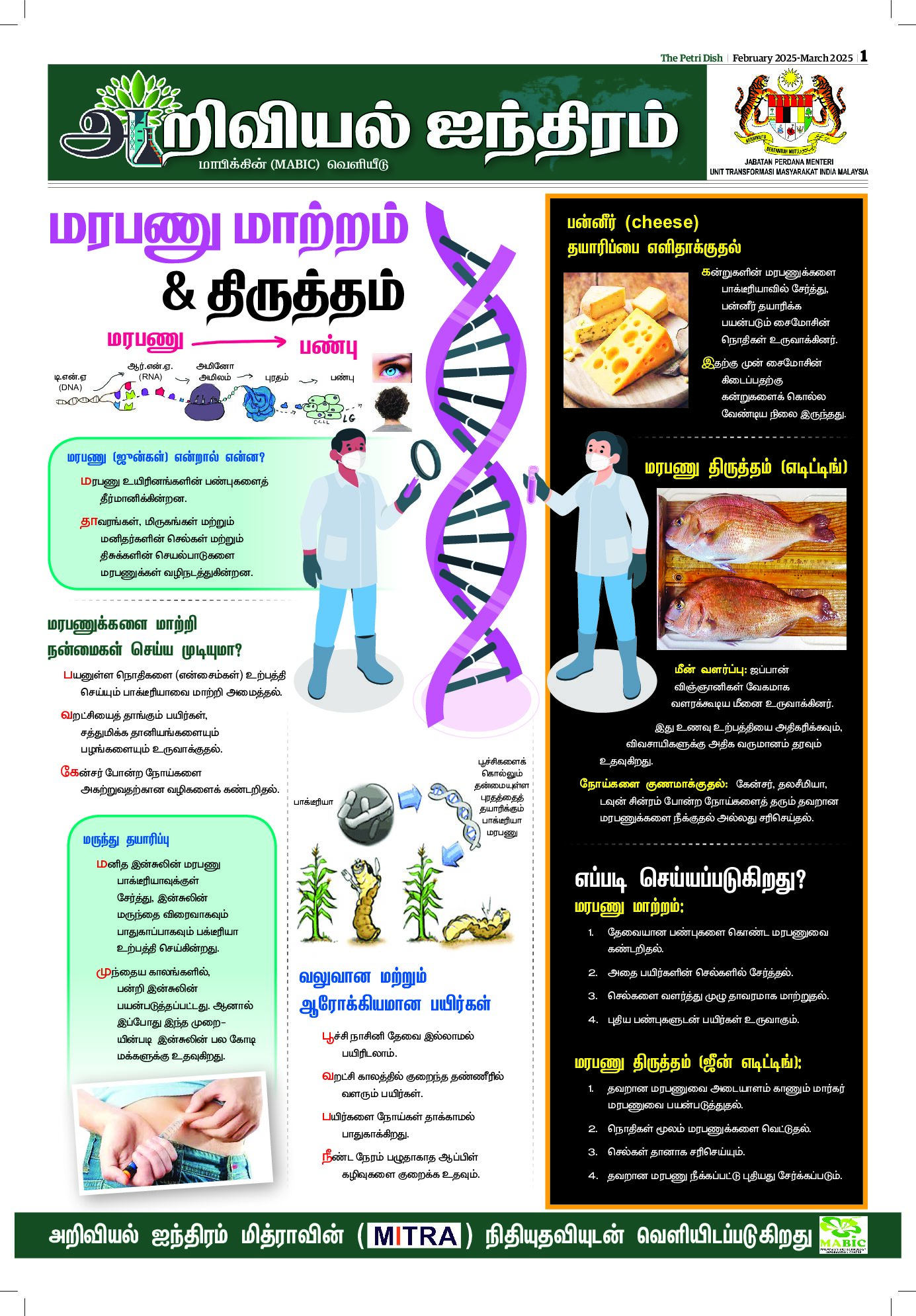IT is commonly assumed that religiousness and spirituality could not be studied scientifically because they are immaterial and out of the realm of science. However, in the study of religion and health, we are not examining the truthfulness of the religion itself but its effects on health. Many studies have shown that religion is associated with good physical and mental health. The earliest religion/spirituality and health studies looked at religious attendance and mortality. According to a study of 1931 older adults, those who had never attended religious services had 1.87 times the risk of death compared to those who attended more than once a week. About 80% of religion and health studies look at mental health and many of them examined depression, one of the most common mental disorders. People with a higher level of religiousness have reduced risk of depressive symptoms. In one of the few studies on Buddhists, Tibetan Buddhist monks and nuns have 38% lower risk of high blood pressure compared with other Tibetan residents.
How are religion and spirituality beneficial to health?
- Adoption of religious practices that are also health-promoting: many religions view the human body as sacred and include specific prohibitions against unhealthy behaviours, which are considered irreverent and not only harmful physically but also spiritually. Religion might help in preventing or reducing harmful behaviours such as smoking, alcohol drinking, and substance abuse, and encouraging health-promoting behaviours such as higher intake of fruit and vegetable.
- Providing social support to members within a religious community: religious gatherings offer ample opportunities for social interactions. People with a larger social network tend to receive more social support and report feelings of being cared for and valued.
- Encouraging positive emotions: religion might boost positive emotions and help neutralize negative emotions and encourage positive psychological traits such as forgiveness, humility, optimism, self-worth, self-esteem and optimism.
- Religious coping: religion helps a person to understand and deal with life’s stressors in ways related to the sacred and find meaning in life’s challenging events and situations.
Most of the studies in religion and health were conducted in predominantly Christian populations from the US and other Western countries. There is a lack of studies that include other major religions, such as Islam, Buddhism and Hinduism from Asian coutnries. The Segamat Faith and Health Study (SFHS) looks at the relationship between religion, spirituality and physical and mental health among older adults in the South East Asia Community Observatory (SEACO), a health and demographic surveillance system (HDSS) that was established by Monash University in Segamat, Johor, Malaysia.
Older adults often turn to religious and spiritual beliefs and activities to cope with issues related to ageing. Religion and spirituality gain importance as a person ages and people tend to become more religiously involved and spiritual as they grow older. Religious experiences also differ across cultural and ethnic groups.
In Malaysia more than 90% of the population have a religious affiliation. About 60% of the population is Muslims. The rest of population consists of adherents of Buddhism, Hinduism, Chinese folk religions and Christianity. This multicultural landscape provides an opportunity to examine the intersectionality of culture and religion, and how it affects health. It is unknown whether Malaysians experience similar health benefits from religion as those from the Western countries, and this project aims to examine how religion influences health in a multicultural setting in Malaysia.
The findings of the Segamat Faith and Health Study will help to improve health among older adults by accommodating and understanding their religious beliefs. Religious communities are one of the very few places where people from different socioeconomic status and ethnic and cultural background gather regularly, thus they could be a potential channel to promote health, especially among those who are difficult to reach due to lack of health education and poor access to health care.
For updates of the project, follow Min Min on Twitter, Instagram, Facebook (@drminmintan) or LinkedIn.
NOTE: Tan Min Min, PhD in Public Health is a public health research fellow at South East Asia Community Observatory (SEACO), a health and demographic surveillance system established by Monash University and located at Segamat, Johor. Her research interest includes the psycho-social determinants of health. Her current project examines the relationship between religion, spirituality and physical and mental health among older adult in SEACO.













